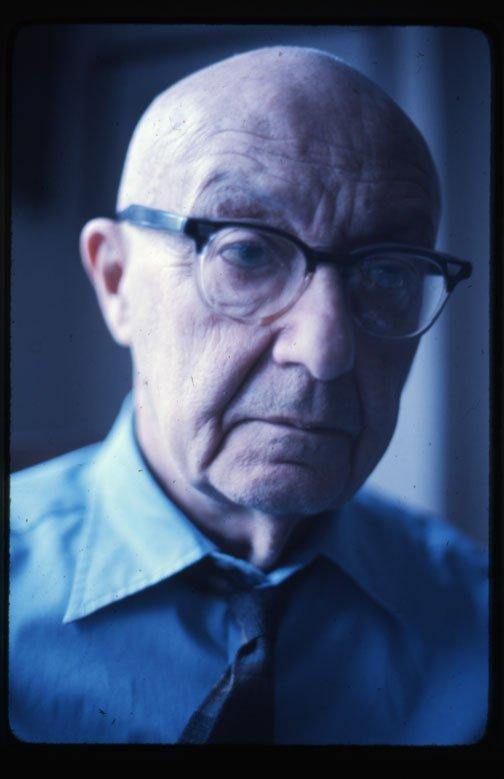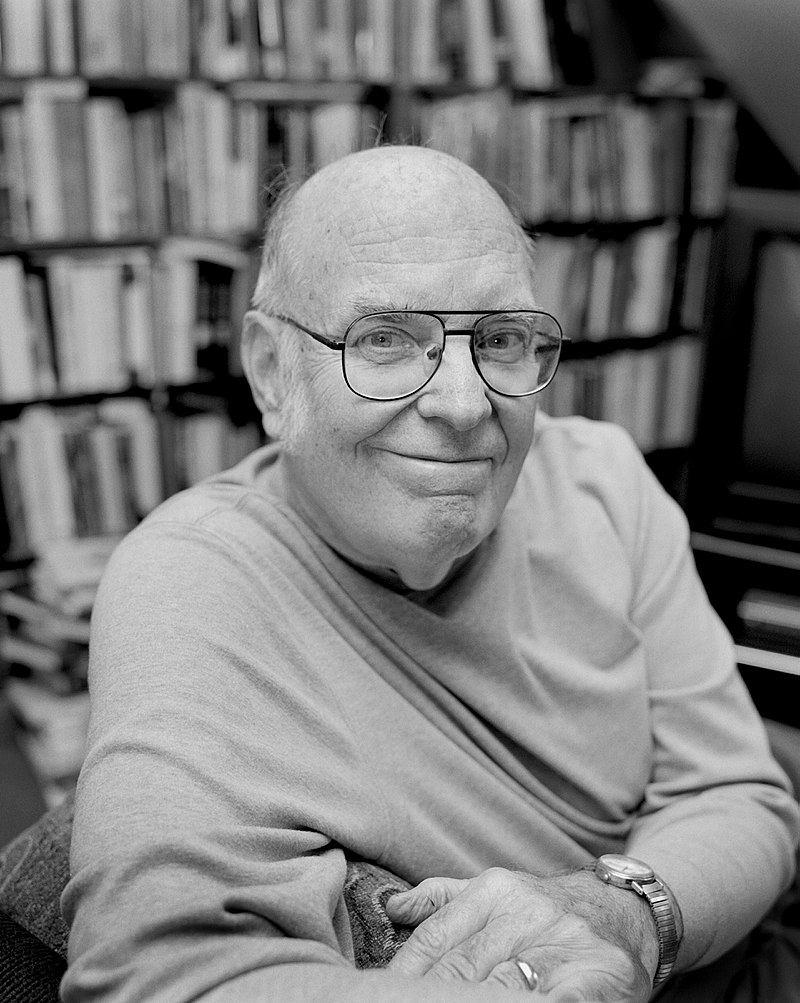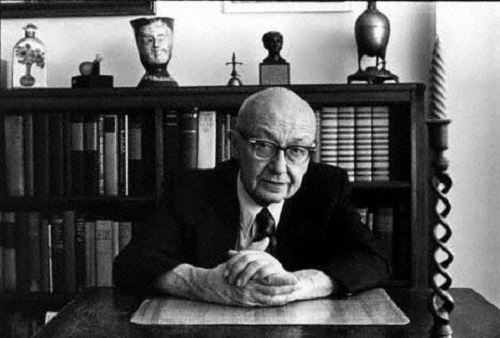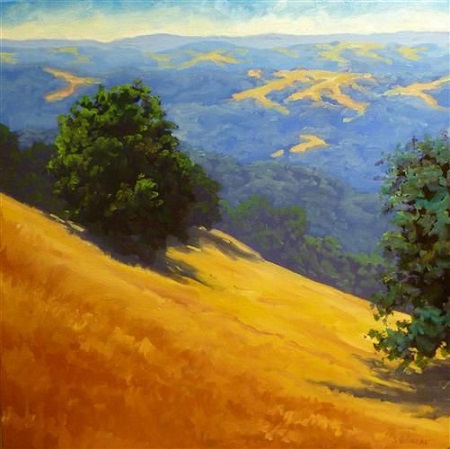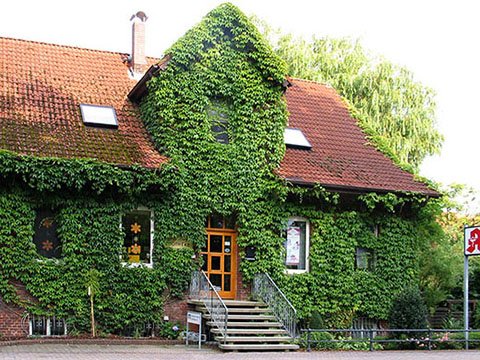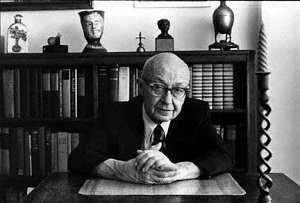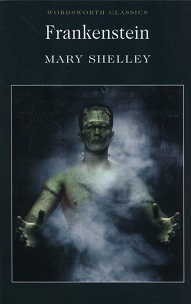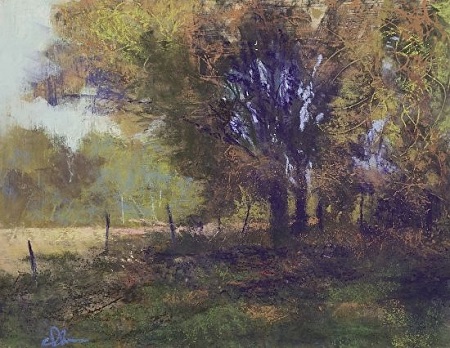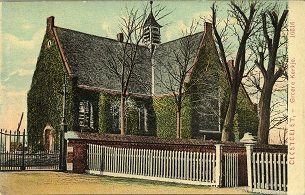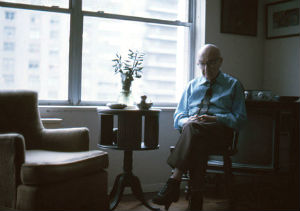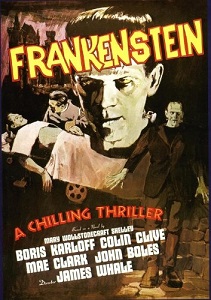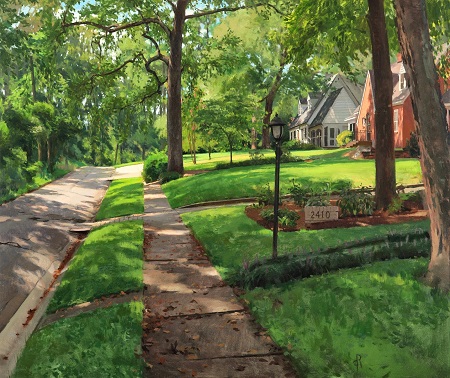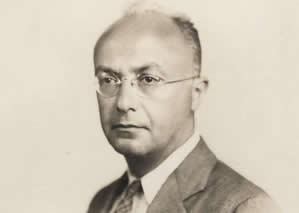De Amerikaanse dichter, schrijver, vertaler en bloemlezer X.J. Kennedy werd geboren in Dover, New Jersey op 21 augustus 1929. Zie ook alle tags voor X. J. Kennedy op dit blog.
B Negative
You know it’s April by the falling off
In coughdrop boxes-fewer people cough-
By daisies’ first white eyeballs in the grass
And every dawn more underthings cast off.
Though plumtrees stretch recovered boughs to us
And doubledecked in green, the downtown bus,
Love in a season–so your stab-pole tells—
Beds down, and buds, and is deciduous.
Now set down burlap bag. In pigeon talk
The wobbling pigeons flute on the sidewalk,
Strut on the breeze and click leisurely wings
As if the corn they ate grew on a stalk.
So plump they topple where they try to stand,
They peck my shoelaces, come to demand
Another sack, another fifteen cents,
And yet—who else will eat out of my hand?
It used to be that when I laid my head
And body with it down by you in bed
You did not turn from me nor fall to sleep
But turn to fall between my arms instead
And now I lay bifocals down. My feet
Forget the twist that brought me to your street-
I can’t make out your face for steamed-up glass
Nor quite call back your outline on the sheet.
I know how, bent to a movie magazine,
The hobo’s head lights up, and in its screen
Slow-motioning white hands undo a bra
And no director interrupts the scene:
I used to purchase in the Automat
A cup of soup and fan it with my hat
Until a stern voice from the change-booth crashed
Like nickels-Gentlemen do not do that.
Spring has no household, no abiding heat,
Quickens no bud from branches of concrete.
Spring warms me less than winter, that lays down
The soft conclusive evidence of feet.
The springer spaniel and the buoyant hare
Are half at home reclining in mid-air
And thinking it looked easy, once I tried
But couldn’t set a foot for long up there.
The subway a little cheaper than a room,
I browse the News—or so the guards assume-
And cautious, snuggled under comic sheets,
I hurtle in a mileaminute womb.
Down streets that wake up earlier than wheels
The routed spirit flees on dusty heels
And in the soft fire of a muscatel
Sits up, puts forth its fingertips, and feels
Down streets so deep the sun can’t vault their walls,
Where one-night wives make periodic calls,
Where cat steals stone where rat makes off with child
And lyre and lute lie down under three balls,
Down blocks in sequence, fact by separate fact,
The human integers add and subtract
And in a cubic room in some hotel
You wake one day to find yourself abstract
And turn a knob and hear a voice: Insist
On Jiffy Blades, they’re tender to the wrist
And brinked on plateglass chasms, lift the sash
And hurry down to see if you exist.
I know how, lurking under trees by dark,
Poor loony stranglers out to make their mark
Reach forth shy hands to touch some woman’s hair —
I pick up after them in Central Park.
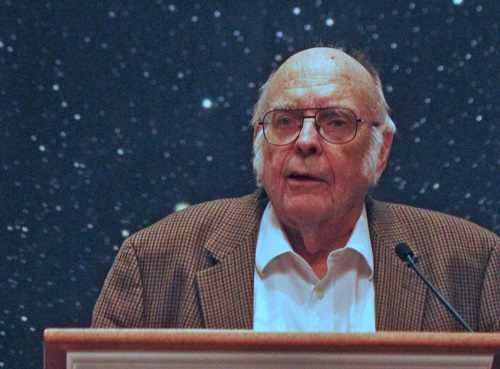
De Amerikaanse dichter Charles Reznikoff werd op 30 augustus 1894 in New York geboren. Zie ook alle tags voor Charles Reznikoff op dit blog.
Een groep verzen
I.
De hele dag heeft de stoep zwart gezien
Van de regen, maar in onze warme felverlichte
Kamer, godzijdank,
Bleef ik tegen mezelf zeggen,
En zonder een woord te zeggen,
Amen, heb je geantwoord.
II.
Vanuit mijn raam kon ik de maan niet zien,
En toch scheen zij:
Het erf tussen de huizen –
Sneeuw erop –
Een rechthoek de duisternis.
III.
Tussen de hopen baksteen en gips ligt
Een stalen balk, zelf tussen het afval.
IV.
Roerloos tussen daken, hun rook tussen de wolken,
Fabrieksschoorstenen – onze ceders van Libanon.
V.
Wat doe je in onze straat tussen de auto’s,
Paard?
Hoe gaat het met je neven, de centaur en de eenhoorn?
VI.
Aan wie van onze bezoekers ik de grootste hekel heb, weet ik niet:
De stille kevers of deze luidruchtige vliegen.
Vertaald door Frans Roumen
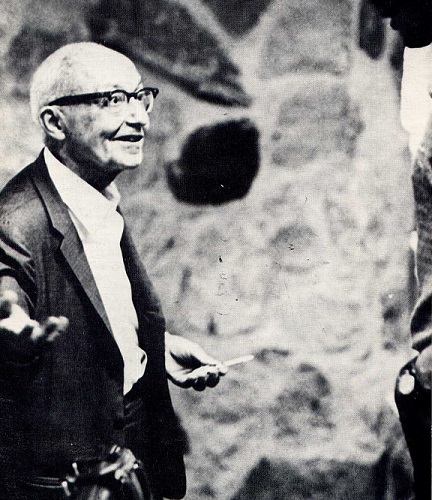
Zie voor nog meer schrijvers van de 21e augustus ook mijn blog van 21 augustus 2020 en eveneens mijn blog van 21 augustus 2019 en ook mijn blog van 21 augustus 2016 en ook mijn blog van 21 augustus 2016 deel 2.

